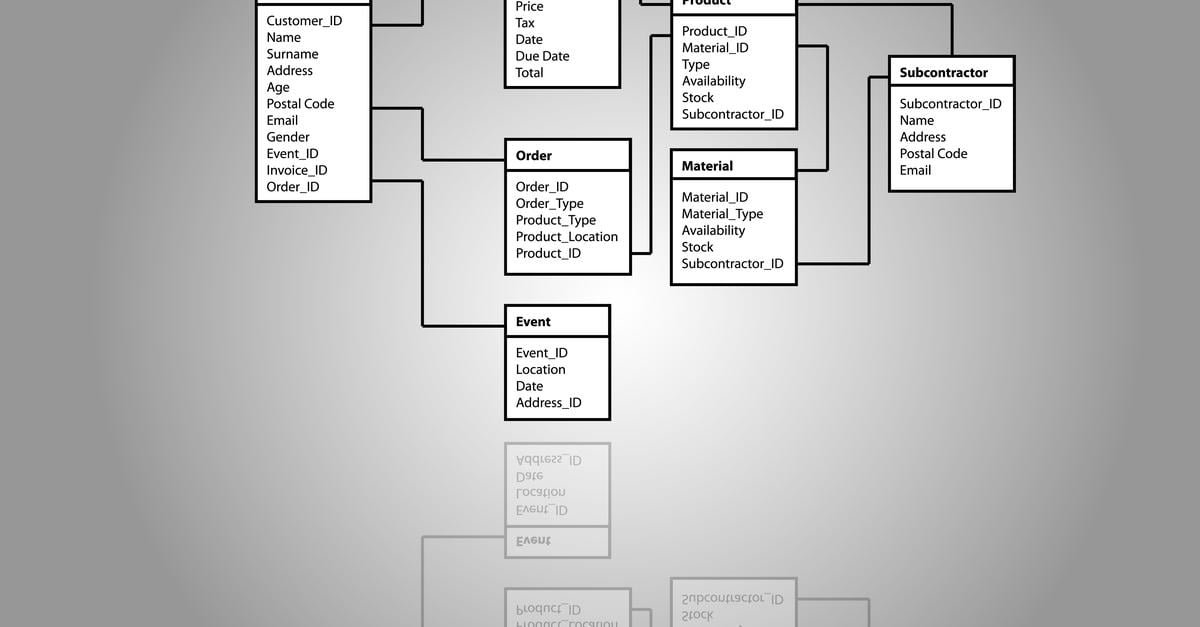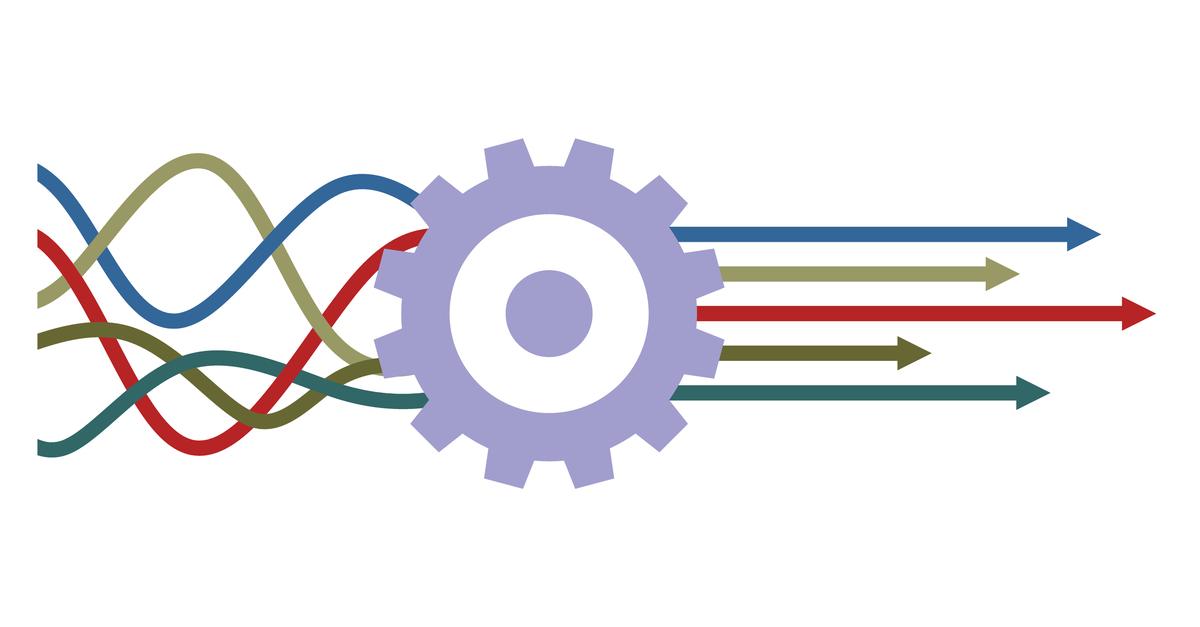We expect the adoption of no-code platforms to continue to rise, mainly because the end-users/process experts appreciate easily customizable tools that are less time-consuming for IT to manage. Folks will be reluctant to return to the bureaucratic way of doing things once they experience the power to solve their problems and improve their productivity. With more people now working from home, or at least not from a centralized office, there's a clear motivation to take the bull by the horn and develop a solution on their own as opposed to waiting for someone else to fix a problem. No-code platforms empower the user to create customized solutions that don't involve the continuous back and forth among groups of disinterested parties, who, unlike the end-user, don't burn with the passion for just getting the work done.
The Support Group Blog
Common Types of Relationships
Previously, we discussed one-to-many relational databases. By far, this is the most common type of data relationship that we encounter. We discussed parents and children. A parent record can have many child records, but a child record belongs to one and only one parent record. Those relationships are defined through data. A parent record has a primary key that is assigned when a record is created. A child record displays part of the DNA of its parent by carrying the unique parent ID in a foreign key field. When the child’s foreign key value matches the parent’s primary key value we have a link between those records.
Other types of relationships occur as well. In this article, we’ll cover one-to-one and many-to-many database relationships.
What is a Database?
A database is an organized method of storing information in a computer system. There are many different database products on the market, but they all boil down to keeping track of your important personal or organizational information.
- Page 1 of 1
- 1




